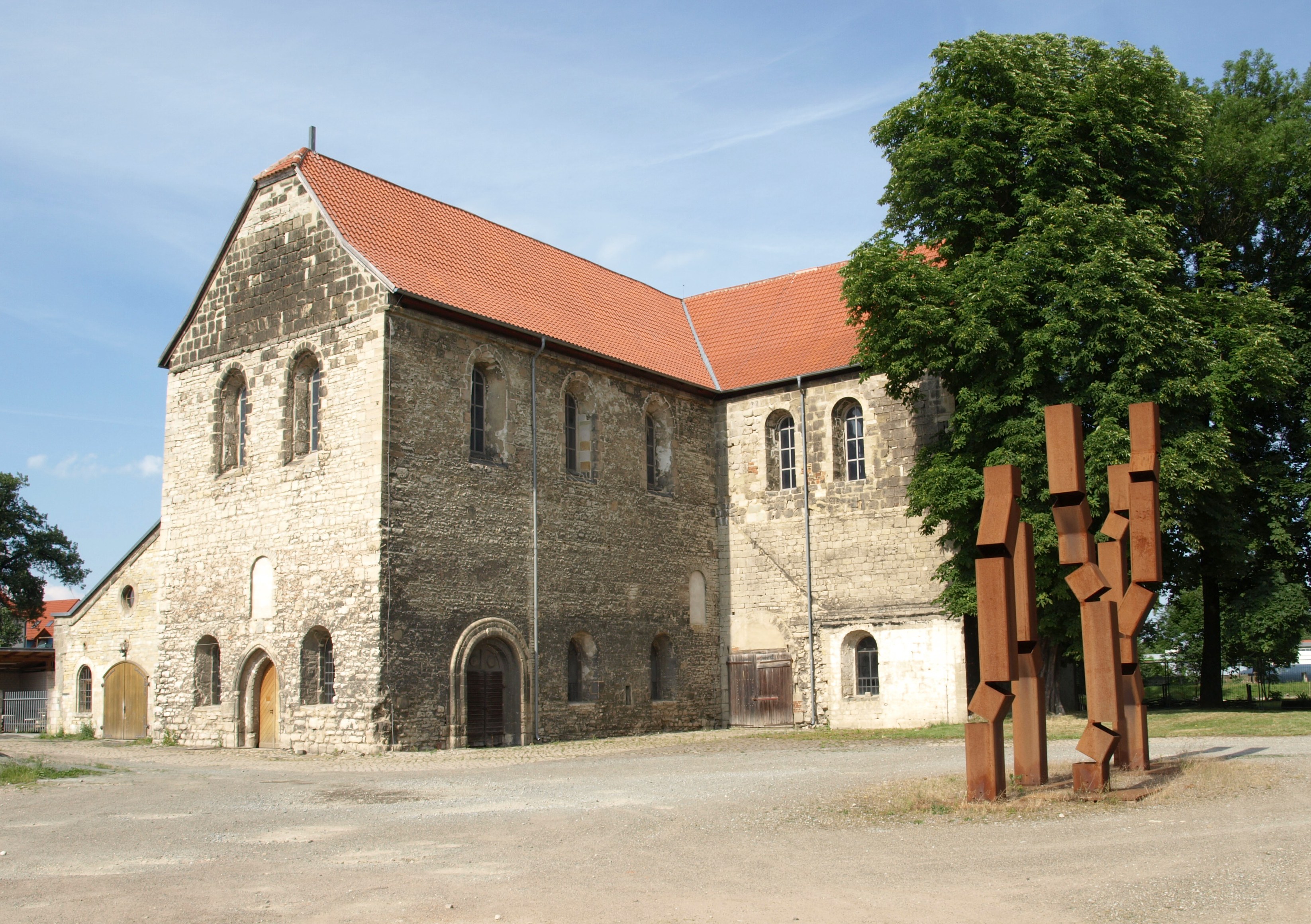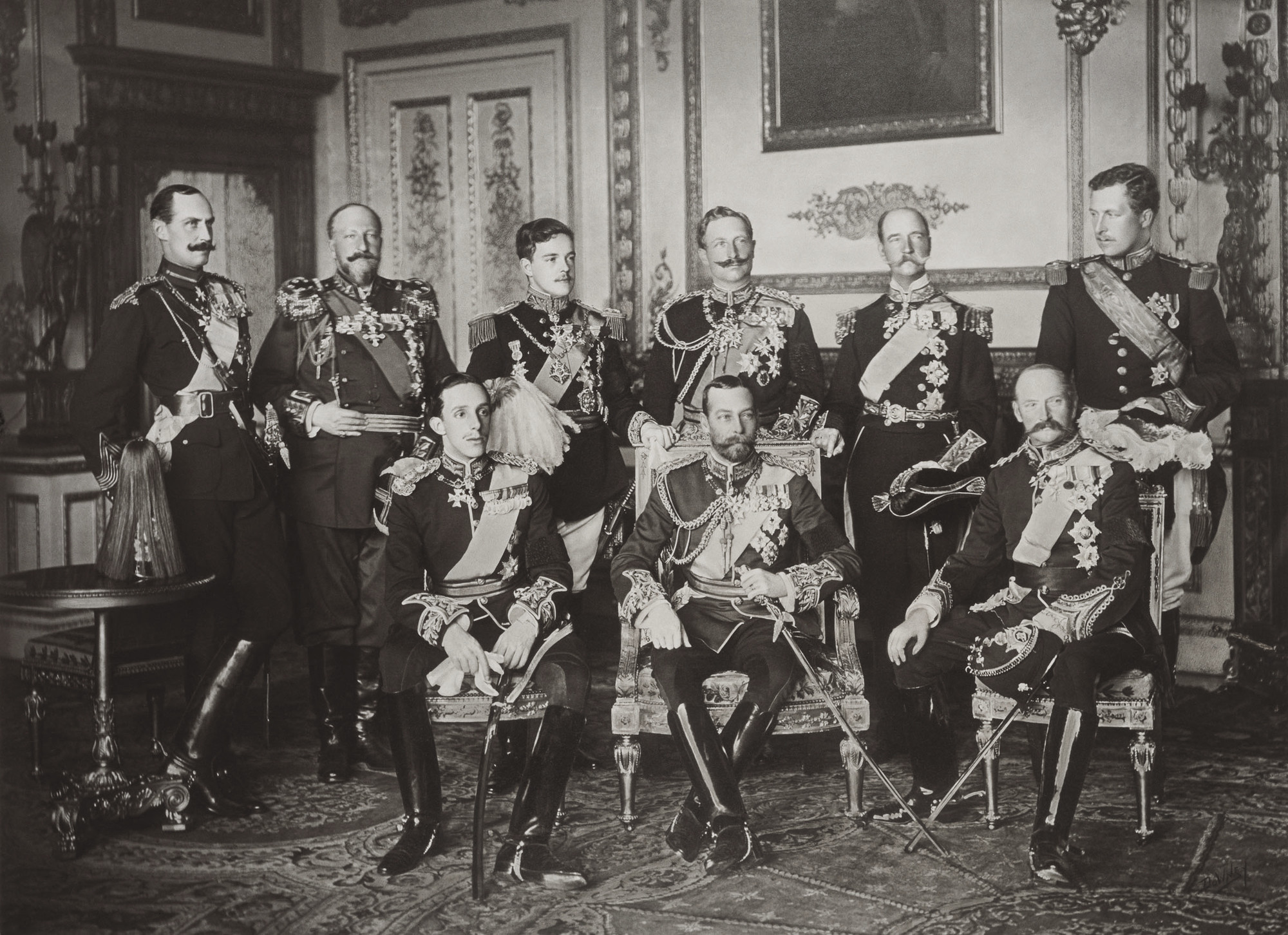|
Eberhard Graf Von Schmettow
Bernhard Gottfried Max Hugo Eberhard, Graf von Schmettow, usually shortened to Eberhard Graf von Schmettow, (17 September 1861 – 31 January 1935) was a German officer of the Prussian Army, adjutant general of Kaiser Wilhelm II and Lieutenant General of the Imperial German Army in World War I. Biography Eberhard von Schmettow was born in Halberstadt, Prussia, as son of Maximilian Graf von Schmettow on 17 September 1861. In 1881 he joined an Uhlan regiment of the Prussian Army and spent the next 25 years as cavalry and staff officer; also serving as an aide-de-camp to Emperor Wilhelm II. He became commander of the 1st Life Cuirassier Regiment in 1906, of the 5th Cavalry Brigade in 1911 and of the Guards Hussar Brigade in 1912. Von Schmettow was promoted to Generalmajor in January 1913. When World War I began General von Schmettow was briefly on the Western Front before being sent to the Eastern Front, given command of the 9th Cavalry Division and, in 1915, the 8th Cavalry ... [...More Info...] [...Related Items...] OR: [Wikipedia] [Google] [Baidu] |
Halberstadt
Halberstadt (; Eastphalian dialect, Eastphalian: ''Halverstidde'') is a town in the state of Saxony-Anhalt in central Germany, the capital of Harz (district), Harz district. Located north of the Harz mountain range, it is known for its old town center, which was largely destroyed by Allied bombings in the late stages of World War II after local Nazi leaders refused to surrender. The town was rebuilt in the following decades. In World War I Halberstadt was the site of a German military airbase and aircraft-manufacturing facilities. In World War II Halberstadt was a regional production center for Junkers aircraft, which also housed an Schutzstaffel, SS Forced labour under German rule during World War II, forced labor camp. Halberstadt now includes the area where the Langenstein-Zwieberge concentration camp was situated. Today the city has around 450 timber framed houses in its city centre and timber framed old villages like Langenstein, Saxony-Anhalt, Langenstein. Geography Ha ... [...More Info...] [...Related Items...] OR: [Wikipedia] [Google] [Baidu] |
Battle Of The Argeș
The Battle of the Argeș took place during the Romania in World War I, Romanian Campaign of World War I.on 1 December 1916. The battle was fought along the line of the Argeș (river), Argeș River in Romania between Austro-German forces of the Central Powers and Romanian forces with the Russian imperial forces. Background In late November 1916, Germano-Bulgarian forces under August von Mackensen crossed the Danube near Zimnicea under the cover of fog and began to march on Bucharest. The Romanians had transferred most of their forces to the Carpathian Mountains, Carpathians and as a result the Central Powers forces had a preponderant advantage: 18 Romanian battalions and 48 artillery pieces against 40 German and Bulgarian battalions and 188 guns.Stone 1998, p. 280. This attack threatened to cut off half the Romanian Land Forces, Romanian Army and so the decision was made to launch a counterattack. Relying upon the Russians to contain the fighting elsewhere, the plan entailed using ... [...More Info...] [...Related Items...] OR: [Wikipedia] [Google] [Baidu] |
Wilhelm II
Wilhelm II (Friedrich Wilhelm Viktor Albert; 27 January 18594 June 1941) was the last German Emperor and King of Prussia from 1888 until Abdication of Wilhelm II, his abdication in 1918, which marked the end of the German Empire as well as the House of Hohenzollern, Hohenzollern dynasty's 300-year rule of Prussia. Born during the reign of his granduncle Frederick William IV of Prussia, Wilhelm was the son of Frederick III, German Emperor, Prince Frederick William and Victoria, Princess Royal. Through his mother, he was the Descendants of Queen Victoria, eldest of the 42 grandchildren of Queen Victoria of the United Kingdom. In March 1888, Wilhelm's father, Frederick William, ascended the German and Prussian thrones as Frederick III. Frederick died just 99 days later, and his son succeeded him as Wilhelm II. In March 1890, the young Kaiser dismissed longtime Chancellor Otto von Bismarck and assumed direct control over his nation's policies, embarking on a bellicose "New Course ... [...More Info...] [...Related Items...] OR: [Wikipedia] [Google] [Baidu] |
Uhlan
Uhlan (; ; ; ; ) is a type of light cavalry, primarily armed with a lance. The uhlans started as Grand Ducal Lithuanian Army, Lithuanian irregular cavalry, that were later also adopted by other countries during the 18th century, including Polish Armed Forces, Poland, French Army, France, Imperial Russian Army, Russia, Prussian Army, Prussia, Royal Saxon Army, Saxony, and Imperial Army of the Holy Roman Emperor, Austria. The term "lancer" was often used interchangeably with "uhlan"; the lancer regiments later formed for the British Army were directly inspired by the uhlans of other armies (even though they were never known by that name). Uhlans traditionally wore a double-breasted short-tailed jacket with a coloured ''plastron'' panel at the front, a coloured sash, and a square-topped Polish lancer cap (, also called ). This cap or cavalry helmet was derived from a traditional Polish cap design, formalised and stylised for military use. Their lances were traditionally topped wit ... [...More Info...] [...Related Items...] OR: [Wikipedia] [Google] [Baidu] |
Prussia
Prussia (; ; Old Prussian: ''Prūsija'') was a Germans, German state centred on the North European Plain that originated from the 1525 secularization of the Prussia (region), Prussian part of the State of the Teutonic Order. For centuries, the House of Hohenzollern ruled Prussia, expanding its size with the Prussian Army. Prussia, with its capital at Königsberg and then, when it became the Kingdom of Prussia in 1701, History of Berlin, Berlin, decisively shaped the history of Germany. Prussia formed the German Empire when it united the German states in 1871. It was ''de facto'' dissolved by 1932 Prussian coup d'état, an emergency decree transferring powers of the Prussian government to German Chancellor Franz von Papen in 1932 and ''de jure'' by Abolition of Prussia, an Allied decree in 1947. The name ''Prussia'' derives from the Old Prussians who were conquered by the Teutonic Knightsan organized Catholic medieval Military order (religious society), military order of Pru ... [...More Info...] [...Related Items...] OR: [Wikipedia] [Google] [Baidu] |
Imperial German Army
The Imperial German Army (1871–1919), officially referred to as the German Army (), was the unified ground and air force of the German Empire. It was established in 1871 with the political unification of Germany under the leadership of Kingdom of Prussia, Prussia, and was dissolved in 1919, after the defeat of the German Empire in World War I (1914–1918). In the Federal Republic of Germany, the term refers to the German Army, the land component of the . Formation and name The states that made up the German Empire contributed their armies; within the German Confederation, formed after the Napoleonic Wars, each state was responsible for maintaining certain units to be put at the disposal of the Confederation in case of conflict. When operating together, the units were known as the German Federal Army, Federal Army (). The Federal Army system functioned during List of wars: 1800–1899, various conflicts of the 19th century, such as the First Schleswig War from 1848 to 1852. ... [...More Info...] [...Related Items...] OR: [Wikipedia] [Google] [Baidu] |
Kaiser Wilhelm II
Wilhelm II (Friedrich Wilhelm Viktor Albert; 27 January 18594 June 1941) was the last German Emperor and King of Prussia from 1888 until his abdication in 1918, which marked the end of the German Empire as well as the Hohenzollern dynasty's 300-year rule of Prussia. Born during the reign of his granduncle Frederick William IV of Prussia, Wilhelm was the son of Prince Frederick William and Victoria, Princess Royal. Through his mother, he was the eldest of the 42 grandchildren of Queen Victoria of the United Kingdom. In March 1888, Wilhelm's father, Frederick William, ascended the German and Prussian thrones as Frederick III. Frederick died just 99 days later, and his son succeeded him as Wilhelm II. In March 1890, the young Kaiser dismissed longtime Chancellor Otto von Bismarck and assumed direct control over his nation's policies, embarking on a bellicose "New Course" to cement Germany's status as a leading world power. Over the course of his reign, the German colonia ... [...More Info...] [...Related Items...] OR: [Wikipedia] [Google] [Baidu] |
German Empire
The German Empire (),; ; World Book, Inc. ''The World Book dictionary, Volume 1''. World Book, Inc., 2003. p. 572. States that Deutsches Reich translates as "German Realm" and was a former official name of Germany. also referred to as Imperial Germany, the Second Reich or simply Germany, was the period of the German Reich; . from the unification of Germany in 1871 until the German revolution of 1918–1919, November Revolution in 1918, when the German Reich changed its form of government from a monarchy to a Weimar Republic, republic. The German Empire consisted of States of the German Empire, 25 states, each with its own nobility: four constituent Monarchy, kingdoms, six Grand duchy, grand duchies, five Duchy, duchies (six before 1876), seven Principality, principalities, three Free imperial city, free Hanseatic League, Hanseatic City-state, cities, and Alsace–Lorraine, one imperial territory. While Prussia was one of four kingdoms in the realm, it contained about two-thirds ... [...More Info...] [...Related Items...] OR: [Wikipedia] [Google] [Baidu] |
Pour Le Mérite
The (; , ), also informally known as the ''Blue Max'' () after German WWI flying ace Max Immelmann, is an order of merit established in 1740 by King Frederick II of Prussia. Separated into two classes, each with their own designs, the was awarded as both a military and civil honour. While the military class has been extinct since the abolition of the German Monarchy, the civil honour continues to be awarded by the German state at the oversight of the Minister of State for Culture and discretion of the Federal President. Alongside the extinct Order of the Black Eagle, Order of the Red Eagle, and the House Order of Hohenzollern, the award was one of the Kingdom of Prussia's most significant, with the ''Pour le Mérite'' itself being the highest order of bravery for officers of all ranks, and the highest recognition of civilian accomplishment awarded by the Prussian Crown. The was awarded as a recognition of extraordinary personal achievement, rather than as a genera ... [...More Info...] [...Related Items...] OR: [Wikipedia] [Google] [Baidu] |
Order Of The Red Eagle
The Order of the Red Eagle () was an order of chivalry of the Kingdom of Prussia. It was awarded to both military personnel and civilians, to recognize valor in combat, excellence in military leadership, long and faithful service to the kingdom, or other achievements. As with most German and other European orders, the Order of the Red Eagle could be awarded only to commissioned officers or civilians of approximately equivalent status. However, there was a medal of the order, which could be awarded to non-commissioned officers and enlisted men, lower ranking civil servants and other civilians. History The predecessor to the Order of the Red Eagle was founded on 17 November 1705, by the Margrave Georg Wilhelm of Brandenburg-Bayreuth as the '' Ordre de la Sincérité''. This soon fell into disuse but was revived in 1712 in Brandenburg-Bayreuth and again in 1734 in Brandenburg-Ansbach, where it first received the name of "Order of the Brandenburg Red Eagle". The statutes were change ... [...More Info...] [...Related Items...] OR: [Wikipedia] [Google] [Baidu] |




